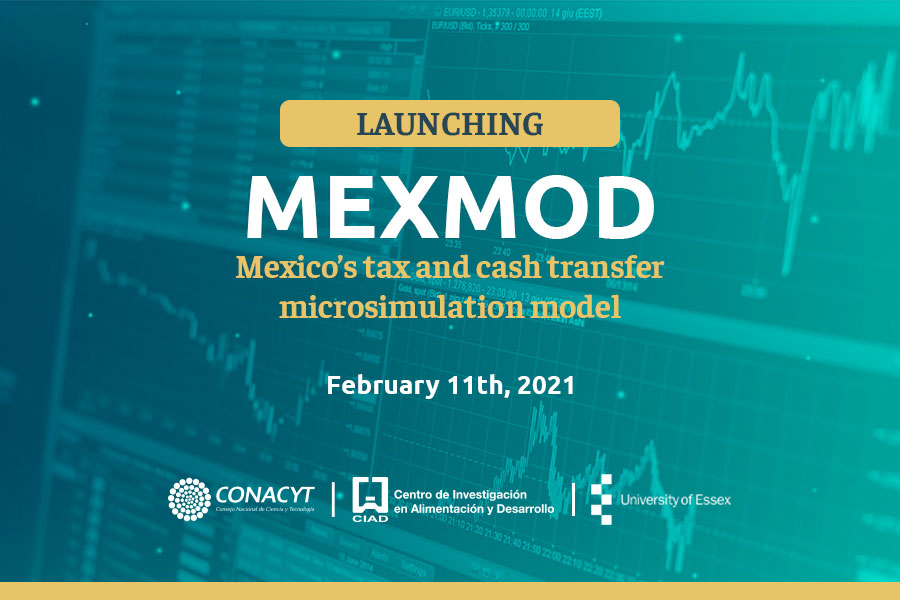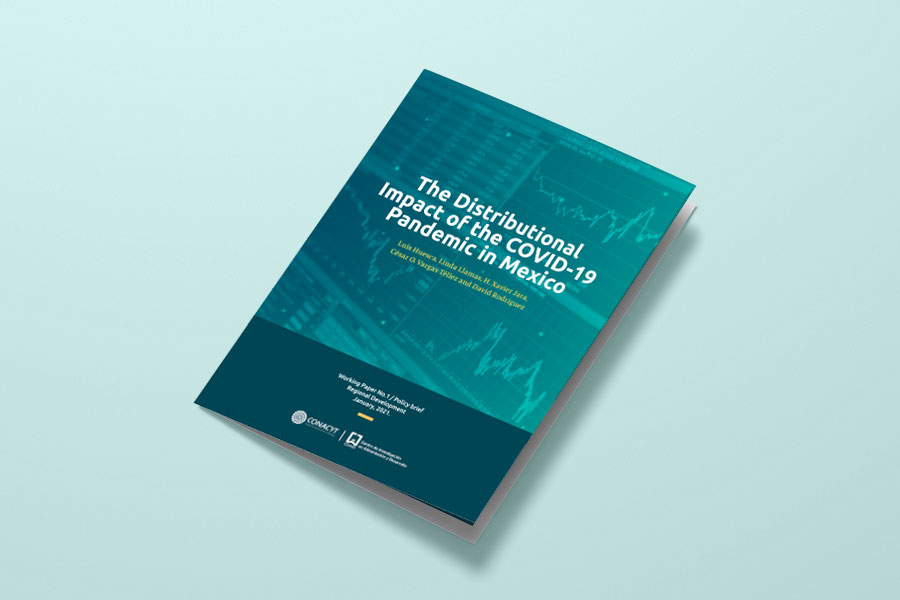The MEXMOD model, which is based on and informed by EUROMOD, simulates the impacts of tax change and government cash transfer scenarios on family income in Mexico, based on information supplied by the National Survey of Household Income and Expenditure (ENIGH).
MEXMOD draws on the ENIGH for 2014, 2016, 2018 and 2020 to simulate scenarios involving changes in cash transfers as a result of social policy reforms and determine their respective effects on income distribution and poverty.
By including tax regulations from 2014 to 2020, MEXMOD is able to simulate social security contributions by wage earners and the self-employed, income tax, and the main cash transfers effective over the period (Prospera, Food Support Program, non-contributory old-age pensions, the Benito Juárez scholarships for all applicable levels of education, an apprenticeship program for 18 to 29-year-olds known as Jóvenes Construyendo el Futuro, the disability benefit, the Tandas para el Bienestar microcredit program, and the Crédito a la Palabra COVID-19 financing relief program). Changes in indirect taxes on consumption, such as VAT and the IEPS excise tax, are also captured by the model.
MEXMOD can also simulate changes in income distribution and family tax burden as a result of hypothetical changes to tax policy or cash transfers.
In sum, MEXMOD is capable of simultaneously modelling the full tax-benefit incidence of fiscal policy and cash transfers with a view to achieving better distributive policies that drive down inequality and poverty.
The result is a tool like no other for researchers, students and public policy makers involved in social policy in Mexico.















